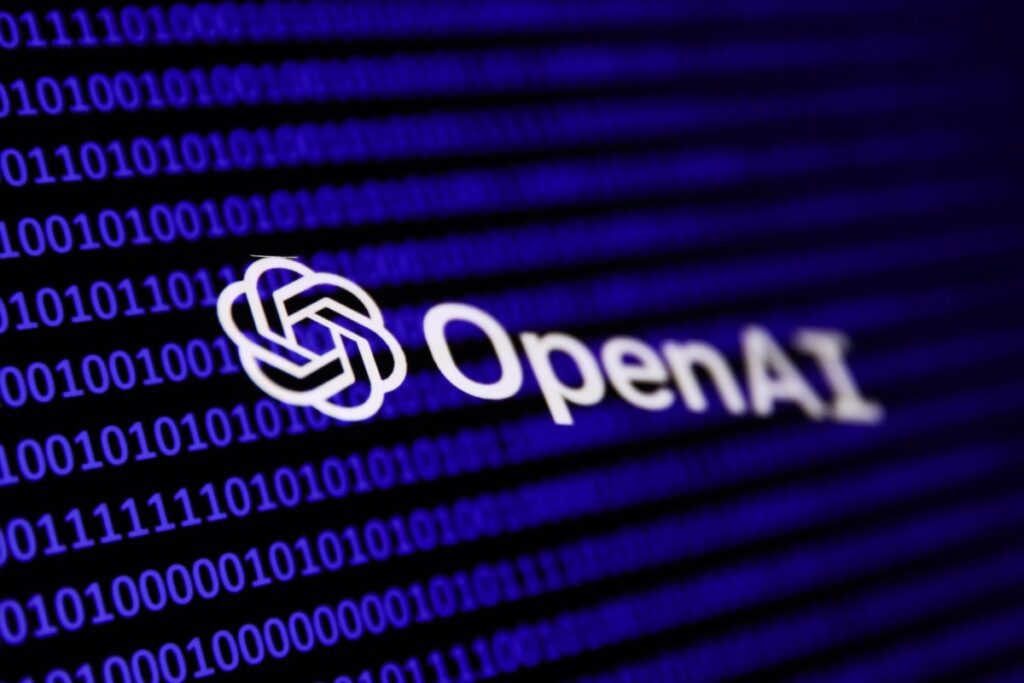Meta Supports Musk in OpenAI’s Controversial Profit Transition
In a surprising twist in the tech world, Meta, the parent company of Facebook, has thrown its support behind Elon Musk’s efforts to stop OpenAI from transitioning from a non-profit organization to a for-profit entity. This situation has sparked intense discussions about the future of artificial intelligence and its implications for Silicon Valley.
The Call for Action
According to The Wall Street Journal, Meta has expressed its concerns in a formal letter to California Attorney General Rob Bonta. The tech giant argues that OpenAI’s shift could have "seismic implications for Silicon Valley," signaling potential changes that could resonate throughout the industry. Meta has urged Bonta to take “direct action” against this transition, positioning Musk and former OpenAI board member Shivon Zilis as credible representatives for the interests of Californians.
Meta raised a compelling point in its correspondence: “If OpenAI’s new business model is valid, non-profit investors would get the same for-profit upside as those who invest the conventional way in for-profit companies, while also benefiting from tax write-offs bestowed by the government.” This brings up some interesting questions about fairness and equity in the tech investment landscape.
A Competitive AI Landscape
It’s worth noting that Meta isn’t just a bystander in this scenario. The company has rapidly emerged as a major rival to OpenAI in the burgeoning AI market. Meanwhile, Musk’s history with OpenAI is complex; he co-founded the organization but later distanced himself, launching his own AI company, xAI. He’s now pursuing legal action against OpenAI’s shift to a profit model, with Zilis joining him as a plaintiff in the lawsuit.
Responding to the situation, OpenAI has dismissed Musk’s approach, encouraging him to compete fairly in the marketplace rather than resorting to legal battles. This back-and-forth shows just how competitive and cutthroat the AI industry can be.
Why This Matters
For individuals interested in AI, this move might seem like just another corporate clash, but it has larger implications. The outcome could reshape investment strategies and define how AI companies operate, potentially changing who has access to emerging technologies.
Imagine a world where investors can reap the financial benefits of a for-profit company while still enjoying the tax perks typically reserved for non-profits. If permitted, this could lead to a new model of interaction between funding and innovation, reshaping how startups develop and grow.
A Glimpse into the Future
As we observe this unfolding drama, it’s vital for enthusiasts and investors alike to stay informed about the ramifications of these decisions. The stakes are high, and the impact could touch many aspects of technology and society.
The AI Buzz Hub team is excited to see where these breakthroughs take us. Want to stay in the loop on all things AI? Subscribe to our newsletter or share this article with your fellow enthusiasts.




